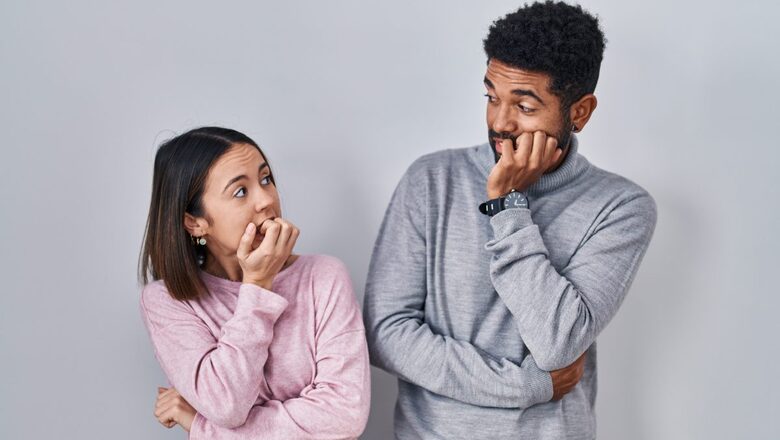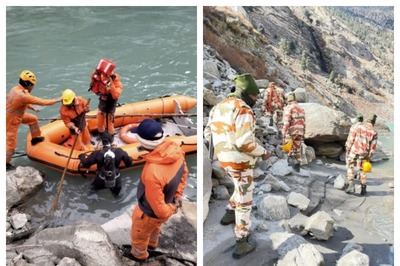
views
Even with the most well-vetted Bumble match, going on a date can involve many unknown factors: will the conversation flow smoothly, or will there be awkward silences? Will you keep it cool and collected, or will you spill your drink? Will they want to end the night with a hug, or will they have different expectations? For some people, fear of these unknowns can significantly contribute to anxiety before a date, says Ruchika Kanwal, Mental Wellbeing Expert and Clinical Psychologist, Bumble.
Dating is an experience so unique to each individual as they explore connections at different stages of their lives, once or multiple times. While some may breeze through the different phases of dating, others may find it to be an anxious process. Kanwal shares, “People often wonder at what point in the relationship they should disclose that they have anxiety. While there is no one surefire way to answer that, you should consider opinions on your preferred mode to talk, the frequency of having such conversations and what kind of a setting would you prefer to discuss this in.”
Kanwal adds, “The word ‘anxiety’ gets thrown around a lot, particularly when it comes to dating. But there’s a difference between feeling jittery before a first date or meeting a new flame’s friends and having a diagnosable anxiety disorder. At various points in the dating journey, you might find yourself confused, nervous and have self-doubt, and that is absolutely okay to be feeling all that while you are navigating your love life.”
Dating anxiety can manifest in many ways. The question that one should introspect on is, ‘How do I manage what I’m feeling?’
Here are some techniques you can use to feel some sense of predictability and control and tips on how you can do to date with less anxiety:
- Choose a comfortable environment or a meeting place that suits you to avoid feeling lost or uncomfortable during the date. For example, if you get overwhelmed with noise, make sure not to choose a small, crowded restaurant. If you’re worried about the conversation coming to a lull or feeling the first date jitters, try an active date, like cycling or a pottery class. You can always bring the conversation back to the activity if you run out of topics to discuss! Based on your concerns, consider what environment would make you most relaxed.
- Take your time to get to know each other better. If you have anxiety, you may want to spend a little longer getting to know a potential date before meeting in-person. For example, you may want to have a video chat to see what their demeanour is like and how your conversation goes. This can alleviate some first-date uncertainty, as it may no longer feel like you are meeting a stranger.
- Your dating profile can speak volumes about you. So be authentic and honest about yourself on your profile as that can help you be comfortable talking about the things you care about, or your interests and passions.
- Prepare some conversation starters based on your connection’s interests to keep the conversation flowing.
- Use the app’s newly launched self-care Interest Badges and Profile Prompts to showcase your values when it comes to mental health. This way you can connect with like-minded people.
- Be clear and honest about topics you are not comfortable with. It’s okay to say ‘hey, I wouldn’t feel too comfortable talking about this as of now’ or ‘can we move on to another topic, this is something I am not comfortable with discussing at this moment’.
How to respond when someone tells you they have anxiety
- Don’t criticise or dismiss them if they are opening up to you. Be empathetic towards them and give them a listen.
- Don’t try to be their therapist or “fix” them. Opening up about your own experience can help your date feel less self-conscious about theirs. But it’s also important not to pretend to have experienced the same level of anxiety as your date if you haven’t.
- Communicate to learn about their fears, triggers, and values, and share your own. Help them to feel safe and comfortable.
- Use accommodating language like “Is there anything I can do to help” or “I am here for you and we can deal with this together” rather than “calm down” or “don’t be anxious”.
- When it comes to planning dates, it’s best to keep the surprises to a minimum. Stick to the plan or give plenty of notice and time to adjust when the plan will change.




















Comments
0 comment